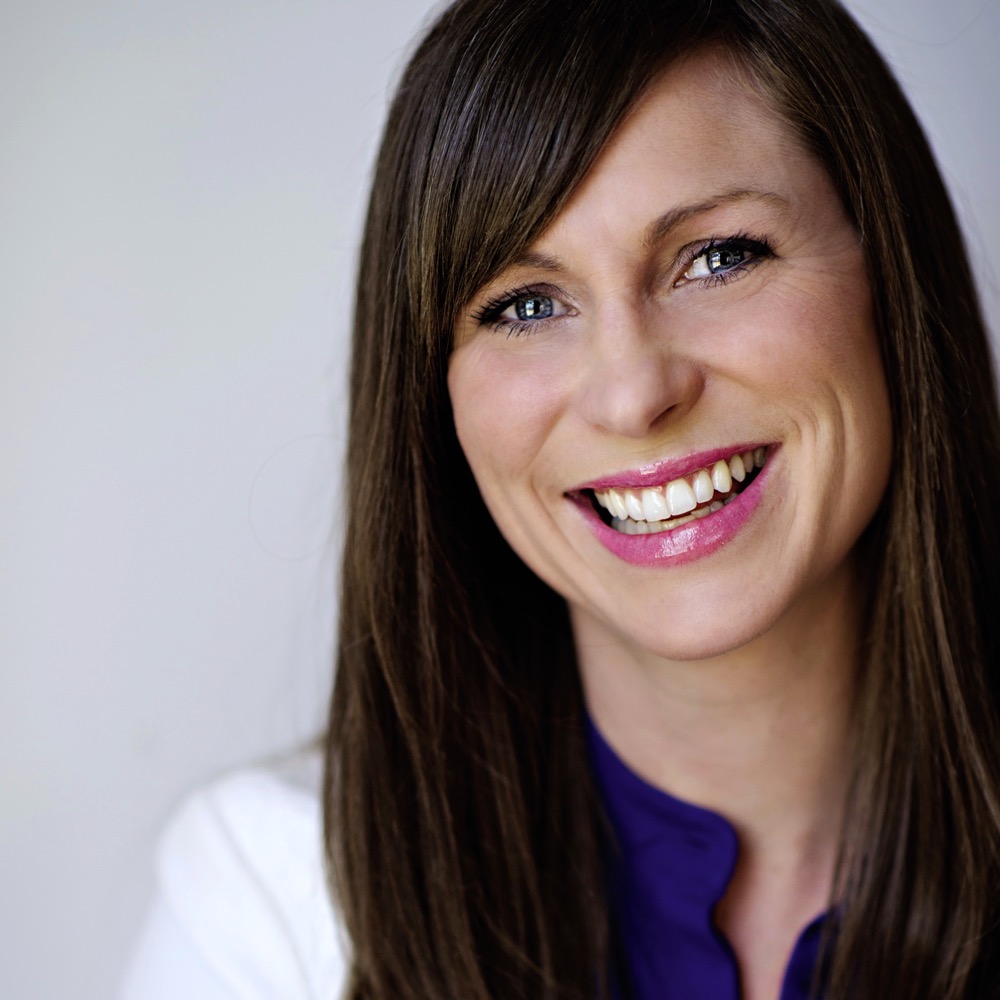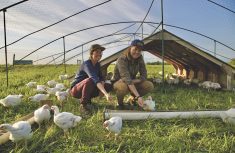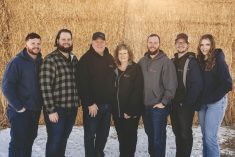Making more money this year would make me very happy. But what if just being happier is what it takes to make our farm more profitable?
Clearly, this sounds too good to be true, so I went to Jennifer Moss, the author of Unlocking Happiness at Work. She’s also the co-founder of “Plasticity Labs,” a company based in Kitchener, Ont., that is committed to building happier workforces.
If anyone is convinced that happiness is a realistic, measurable, profitable goal, it’s Moss.
Read Also

Ground rules for farm family communications
Establishing meeting ground rules can help your family find ways to communicate that work for your farm. Here are some…
More and more of her business clients are convinced as well, and below, Moss tells us what she tells them about why “authentic happiness strategies” generate better business.
I’m hoping she’ll also shed some light on one puzzle, as you’ll see in my first question.
Q. We thought you were going to talk to us about happiness, so what is this “plasticity” all about? Is this like some sort of manufacturing?
Moss: The term “plasticity” is actually based in neurosciences, where neuroplasticity refers to the way repeated behaviours actually hardwire your brain for certain skills. It’s why we can talk about skills as something that can be trained.
That’s not just what they call “hard skills,” like your ability to run a machine or develop code for computers. We’re talking about the ability for you to build up gratitude, mindfulness, all the traits that lead to happiness, by repeating intentional actions.
This is how we get habits, which are really the part about neuroplasticity that we focus on, and why we named the company Plasticity Labs.
Q. So neuroplasticity offers advantages over other approaches for building a more efficient organization?
Moss: We’re looking at people being the engines of our organizations.
Until now, I don’t think we really understood the value of human capital, or understood why understanding the performance of our people is actually quite critical.
If you look back at companies like Toyota and their way of thinking about how to improve processes, it’s all based on looking at tiny, ever-smaller chunks of the process, and then reviewing, assessing, tweaking them based on knowledge as it is gathered.
I agree productivity is important, but understanding that we have to make small changes in our habits in order to achieve broader change is taking the same concept that we would attach to building a product and putting it to work around our people.
Our people need to be valued more than the other things in our organizations.
We need to spend more time understanding how to improve their experience. Then what will come out of that is a more engaged, higher-performing, better-producing collective.
Q. How about an example so I can see how this might actually work on a day-to-day basis?
Moss: You can do very simple things that some people are going to be uncomfortable with it at first, but are extremely valuable.
A lot of research in positive psychology has gone into activities surrounding gratitude. For instance, before they go to sleep at night, it’s good for people to write down three things that they are grateful for, and they could do the same thing before they start their shift during the day.
We have gratitude walls where people put up sticky notes. This quite significantly impacts productivity, engagement and relationships.
For those that are out there selling seed or anything else, they will increase sales by up to 40 per cent in year two if they just practice these “Three Things of Gratitude.”
People will also catch more errors. If you’re out in a field and you have to be extremely alert, this improves your alertness by 20 per cent. It also reduces procrastination. There are so many huge benefits from doing very simple things like being grateful.
Don’t try to complicate it.
Q. So how do we know what tactics to focus on in order to increase the happiness of our people? Is it mainly about keeping little miscommunications, misunderstandings and mistakes from building up in the wrong way?
Moss: Well, it ebbs and flows.
Analyze what makes “your secret sauce” and then get back that thing that makes you feel motivated faster after you’ve suffered a setback.
As another example, it helps to understand what someone feels grateful for.
If someone says they really love seeing the movies on Tuesday with their wife, well, handing over two tickets to the movies, those are kind things that are simple, but practical and very easy to implement.
It’s quite amazing what you can do for someone when you just listen to what really matters to them.
Q. How do I assess the “company culture” of my farm and what is going to improve it?
Moss: Google used to hire with the assumption that people were going to leave. Now, they’re looking to hire you for life. So, I think they’re a good example. They put a lot of effort into not just thinking about perks like massages at the desk, but really looking at key components that make the highest-performing teams.
What they found in 180 groups across four years is that what makes a difference is “conversational turn taking” and “being kind.”
Often really strong leaders have an intuition as to where the gaps are, but we have the benefit of technology and data now to do assessments that ask what is motivational and what builds happiness for your specific team, and then create programming based on that.
Over time, we have learned you could have one farm that is motivated by one way of thinking, and then one farm that is completely motivated by something else. Even just from gender and age, it varies.
Q. So how does this fit in with happiness? Many readers may be skeptical about trying to make everyone on the farm happier. What would you say to someone who isn’t convinced that being more mindful of company culture actually can improve the bottom line?
Moss: Something very special about the agriculture industry, in general, is gut intuition. There are some really good people likely doing these things because they have a gut feeling about it.
So take that gut instinct a little bit further. Bridge all of the awesome things that you already do intuitively so that you can just give yourself a five or 10 per cent edge. It can mean a small increase in productivity, but also people showing up to work more engaged, loving what they do, being more passionate, and you get to laugh more, get to enjoy your job more, because your people are improving your experience.
And understand that being mindful is science. It’s real, it’s valuable, and it’s also very tangible.
Q. As a farmer, I find it’s very natural to do business with people, rather than always focus on products or services. Is being more people-oriented what makes me and other farmers happy at work?
Moss: Relationship is so paramount to general enjoyment of life, and if we have general enjoyment of life, we tend to have overall enthusiasm, passion, and enjoyment of work… even just thinking, “I’m really glad I have this job,” makes you enjoy what you’re doing more. A person is also more likely to enjoy their job and stay there if they have a friend at work. Coming into work and having one person that you feel you have physiological safety with helps to retain that person 50 per cent longer.
They’re all very simple things that folks in agriculture likely “get,” because they are a human business. And, in an industry that’s been around for a very, very long time, that human element is probably deeply embedded in the culture.
















